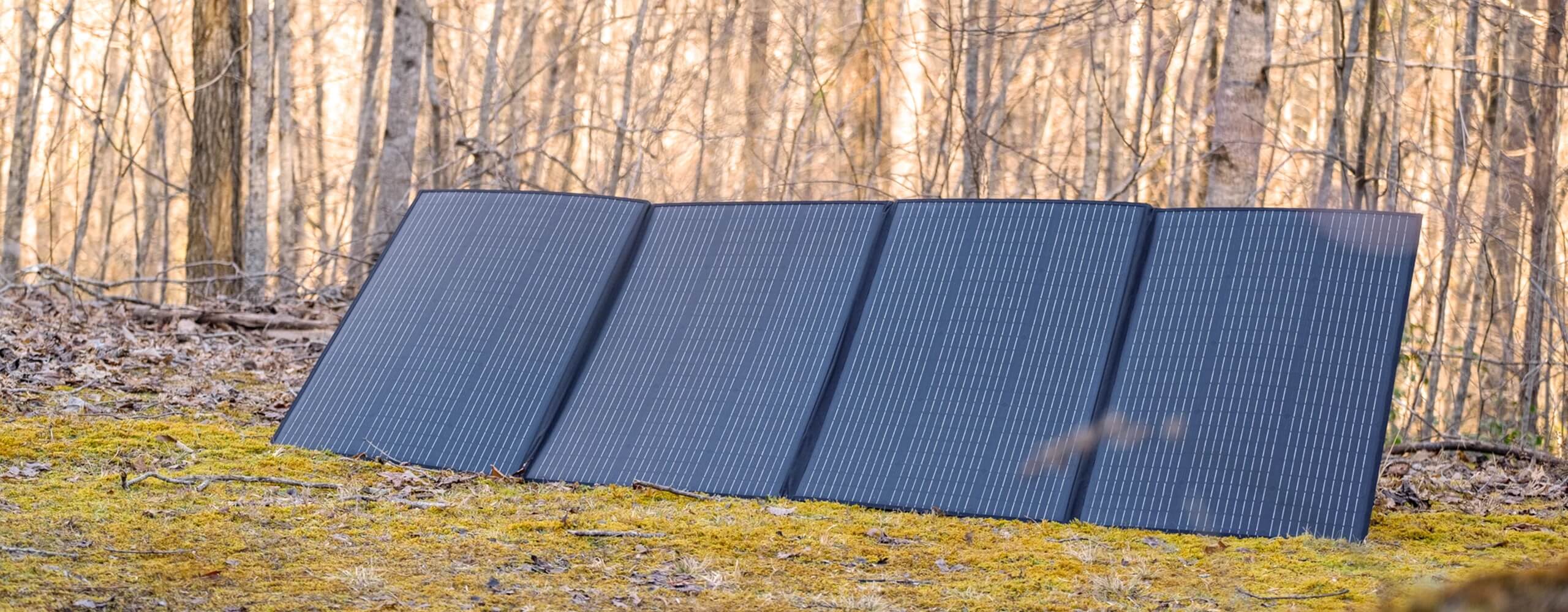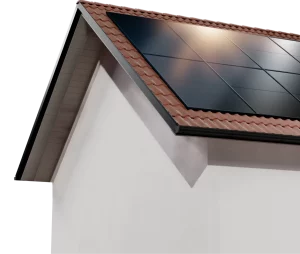Introduction
Solar panels are booming. In this article, you will discover the main aspects to take into account when choosing, installing and making your solar installation profitable. We will also answer the most frequently asked questions about solar panels.
1. Different types of solar panels
There are mainly two types of solar panels: photovoltaic solar panels and solar thermal panels. The former transform solar energy into electricity, while the latter convert it into heat.
DISCOVER OUR RANGE
1.1. Photovoltaic solar panels
Photovoltaic (PV) solar panels are made up of cells that generate electricity when sunlight hits them. They are available in three main categories:
- Monocrystalline: offer the best performance, but also the most expensive.
- Polycrystalline: less expensive, but with a slightly lower efficiency.
- Thin layers: cheaper and lighter, but with lower yield.
1.2. Thermal solar panels
Solar thermal panels use solar energy to heat a heat transfer liquid, which then circulates in a circuit to supply a heating system or produce domestic hot water. There are two types of thermal solar panels:
- Flat panels: more common and less expensive, but less efficient.
- Evacuated tube panels: more efficient and more expensive, but offering better insulation.
2. Choose the right solar installation
To choose the right solar installation, it is essential to take into account several factors, such as yield, available surface and budget.
2.1. Yield of solar panels
The performance of a solar panel depends on several parameters, including the technology used, the orientation and inclination of the panel, as well as the climatic conditions. On average, a photovoltaic solar panel produces between 150 and 200 kWh/m² per year in France.
2.2. Available area
La surface disponible pour installer des panneaux solaires est déterminante pour le choix de la puissance et du nombre de panneaux. Pour une installation photovoltaïque en autoconsommation, une surface de 20 m² suffit généralement pour couvrir une partie importante des besoins en électricité d’un foyer.
2.3. Budget
The budget is a key element in choosing the right solar installation. Depending on the technologies and powers chosen, the installation cost varies. For a photovoltaic installation, it is necessary to count between 1,500 and 3,000 € per kWp installed.
3. Install and maintain your solar panels
The installation and maintenance of solar panels are important steps to ensure their proper functioning and lifespan.
3.1. Facility
The installation of solar panels must be carried out by a certified professional. It is essential to comply with town planning and safety rules. A request for work may be necessary depending on the case.
3.2. Maintenance
Maintenance is generally limited to cleaning the windows and checking the cables and fixings. It is recommended to have the installation checked by a professional every 4 to 5 years.
4. Make your solar installation profitable
The profitability of a solar installation depends on several factors, such as the cost of installation, financial aid, the price of electricity and the production of solar energy.
4.1. Aides financières
The profitability of a solar installation depends on several factors, such as the cost of installation, financial aid, the price of electricity and the production of solar energy. l’Agence nationale de l’habitat (ANAH) or energy bonuses.
4.2. Self-consumption and sale of electricity
The profitability of a photovoltaic solar installation can be improved by opting for self-consumption, which consists of directly consuming the electricity produced. It is also possible to sell excess electricity to an energy supplier at a preferential rate.
5. The environmental benefits of solar panels
The installation contributes to the energy transition by reducing fossil fuel consumption and greenhouse gas emissions.
5.1. Reduction of CO2 emissions
On average, each kWh of solar electricity produced avoids the emission of 0.6 kg of CO2 compared to fossil fuels.
5.2. Reduction of dependence on fossil fuels
Solar energy is an inexhaustible and non-polluting resource, unlike fossil fuels. Adopting solar panels reduces our dependence on polluting energies and contributes to the development of renewable energies.
Frequently asked Questions
Question 1: What can be powered with a 3000 W solar panel?
A 3000 W solar panel can produce an average of 12 kWh per day. This production is sufficient to power the majority of electrical appliances in a home, such as lighting, television and household appliances.
Question 2: How much does 100 m² of solar panel cost?
The electricity production of a 100 m² solar installation depends on the efficiency of the panels. On average, an annual production of 15,000 to 20,000 kWh can be estimated. By selling this electricity at a rate of €0.10/kWh, this represents an income of €1,500 to €2,000 per year.
Question 3: What can be powered with a 3000 W solar panel?
A 3000W solar panel can power most household electrical equipment, such as lighting, appliances, TV, etc. Properly sizing the storage battery is important to ensure continuous power.
Question 4: Which battery for 3000W solar panel?
For a 3000 W solar panel, it is recommended to choose a battery with a capacity of at least 10 kWh, in order to store the energy produced during the day and restore it during the night or on less sunny days.
Question 5: How many solar panels for 9 kW?
The number of solar panels required for a power of 9 kW depends on the power of each panel. For example, if each panel has a power of 300 W, it will take 30 panels to obtain a total power of 9 kW.
Also interesting: Powertec portable solar charging
Conclusion
Solar panels are an interesting investment to reduce your energy bill and contribute to the energy transition. By choosing the right type of panel, optimizing the installation and benefiting from financial aid.
It is possible to quickly make a profit from your investment while having a positive impact on the environment. Do not hesitate to contact a professional to study the feasibility of your project and obtain personalized advice.


